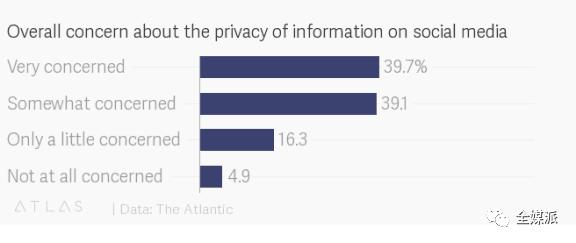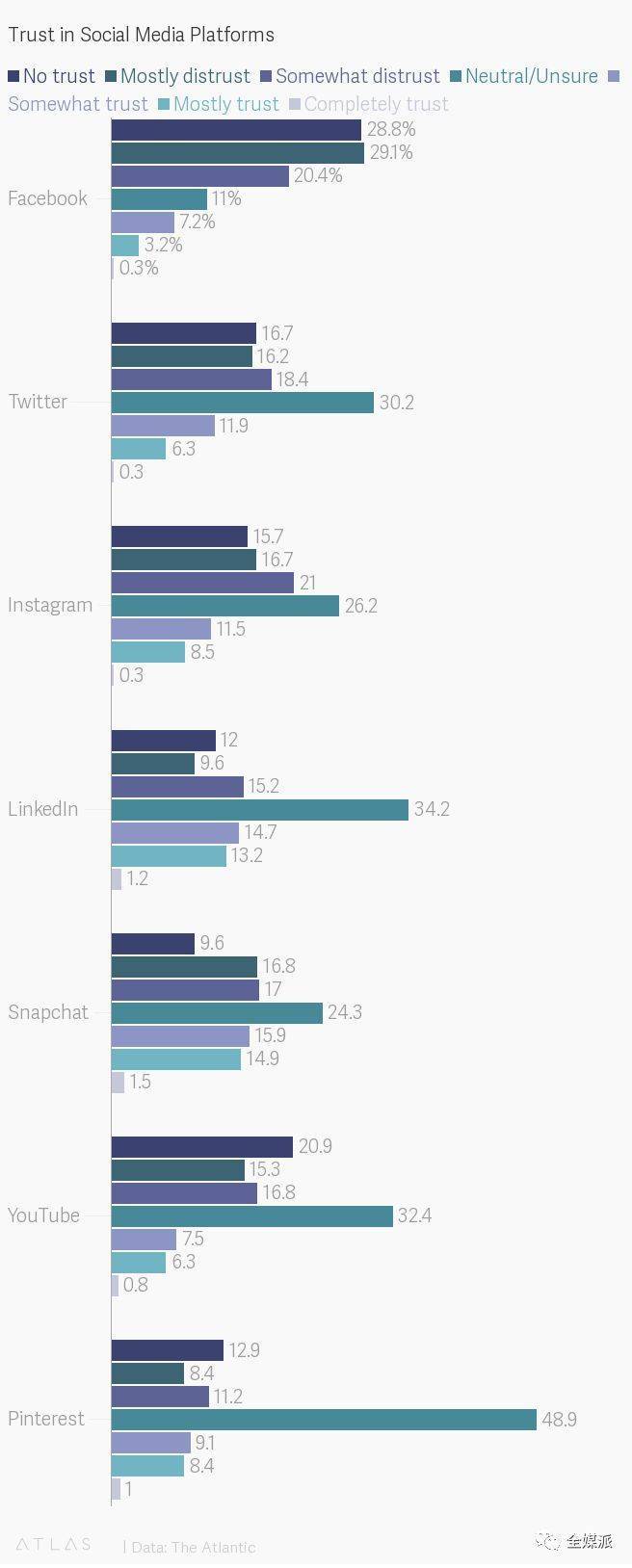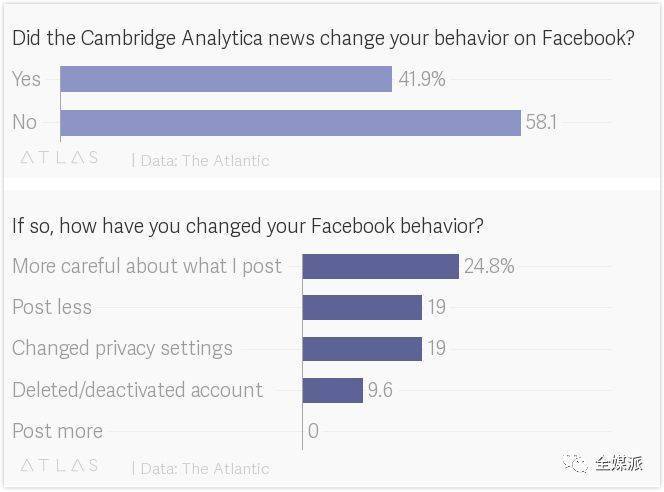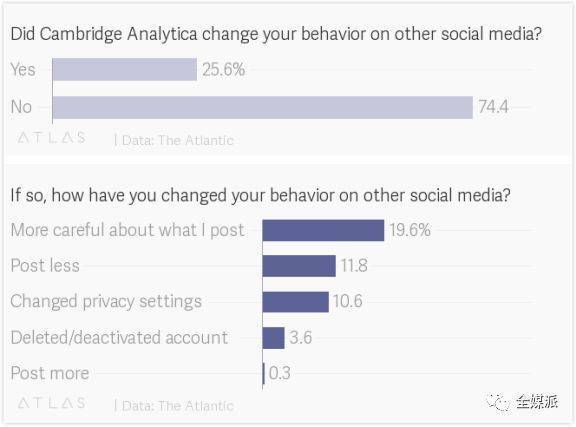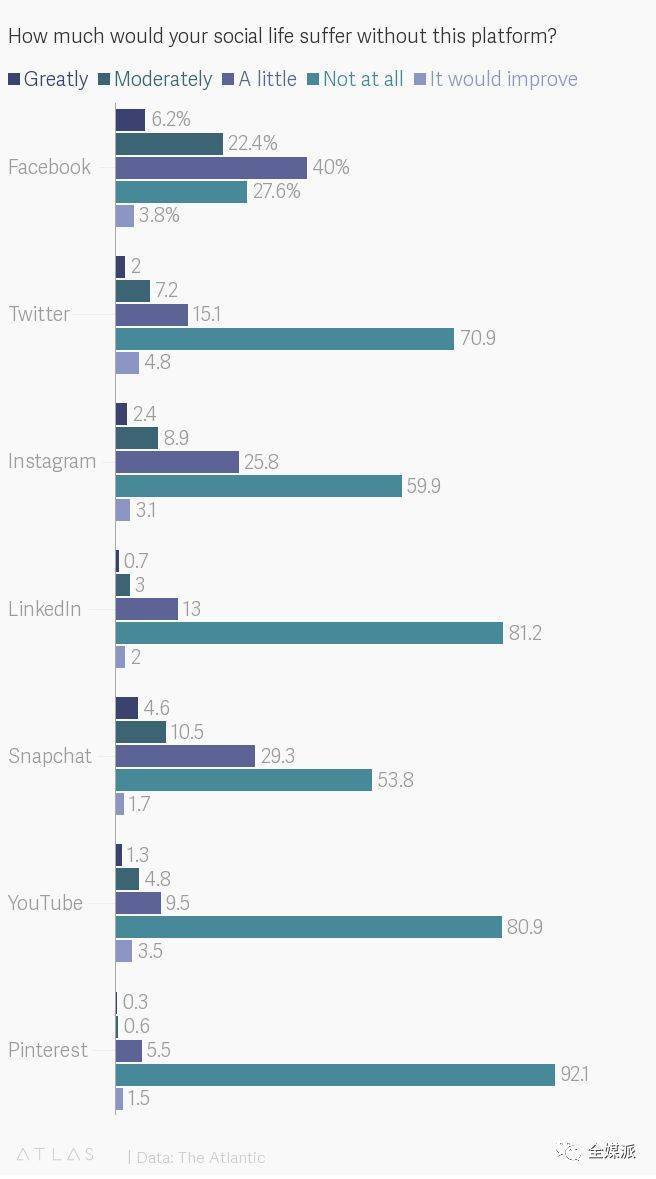Pavarotti, who is old and old, is busy walking acupuncture points.

Pavarotti’s farewell performance
Pavarotti, a famous Italian tenor who announced that he will retire next year, recently finished his "Farewell Stage" global tour at Shanghai Grand Stage and Beijing Capital Gymnasium respectively.
China Concert ". However, for those fans who want to listen to Laopa’s brilliant swan song live, the performance effect is somewhat disappointing. In these two concerts, Pavarotti allegedly sat on the soft stool behind grand piano from beginning to end due to physical reasons, and the microphone never left his mouth. In the whole performance, the songs that Lao Pa sang by himself actually accounted for only about half of the songs listed in the program, which made people feel that they were "shrinking". The "high-pitched C", which once held the fans’ appetite beforehand, has always smelled bad under the long-awaited call. On the contrary, annalisa, an Italian soprano duet with Laopa, dazzled the audience with her bright, mellow voice and wide range. People can’t help but sigh: Laopa is really old!
Pavarotti is one of the three tenors in the world today, and he is famous for his high-pitched voice, gorgeous and transparent, and extremely infectious. Wherever Pavarotti goes, he wears his trademark innocent smile on his face, and people affectionately call him "Old Pa". What has won wide acclaim for Laopa is "Tenor C", which is called the touchstone of tenors. In this range, which is regarded as fearful by ordinary tenors, he can still sing clearly, roundly and penetratingly, so he is known as the "King of Tenor C".
An innate musical talent.
Luciano Pavarotti was born on October 12th, 1935 in a poor family on the outskirts of Modena. His father is a well-known amateur tenor in the local area, and he often takes home records of famous singers. This is how little Pavarotti grew up listening to records. Papa was born with a good voice, and singing was quite good when he was three or four years old. In 1955, at the age of 19, Pavarotti officially began to learn vocal music. Influenced by his family and long-standing desire, Pavarotti finally embarked on the road of music.
Genius and diligence make a great achievement.
When Pavarotti was 17 years old, a knot grew on his vocal cords, which seriously affected his pronunciation. At a concert held in Ferrara, Pavarotti was coaxed out of the stage by the crowd, which made him once have the idea of giving up music. But with infinite love for singing, Pavarotti gritted his teeth and persisted.
The time has finally come to change our destiny. In 1961, Pavarotti won the first prize in an international vocal competition. In April of the same year, he performed "The Bohemian" for the first time, and began a brilliant opera career. Pavarotti’s real fame began in 1963, and his performance at the Royal Opera House in London, England was a great success. In 1972, he performed Girl in the Army with the famous Australian soprano Sutherland in metropolitan opera. When singing the aria "What a Happy Day", which is called the tenor forbidden zone in the play, Pavarotti sang nine high-pitched C’s with chest resonance in a very compact aria, which caused a sensation in the whole international music world. Since then, "the king of high-pitched C" has become synonymous with Pavarotti, and he himself has become an idol in the hearts of fans.
The mass messenger of classical music
Pavarotti has made outstanding contributions to the popularization of classical music and opera in his singing career of more than 40 years. Since 1990, Lao Pa has joined hands with Domingo and carreras, the other two tenors in the world, to form a powerful singing group brand-"Three Tenor Concerts". Since then, the songs of the three tenors have resounded around the world and become a new story in the international music scene.
Old Pa had tasted the hardships of life before he became famous, so he had deep sympathy for people living in war and suffering. He has sponsored charity concerts many times and donated money to humanitarian causes in poor and war-torn areas. He is one of the people who raised the most donations for UNHCR. In March 1998, Pavarotti was appointed as the United Nations Messenger of Peace. On May 30th, 2001, in recognition of Pavarotti’s great contribution to refugee assistance, UNHCR awarded him the Nansen Medal.
songSingers are also ordinary people.
Old Pa sings naturally, but his quirks are really amazing, and the most famous one is undoubtedly the "bent nail" collector. In Laopa’s hometown, there is a legend that rusty bent nails will bring good luck to people, so before each performance, Laopa will bend his fat body and carefully look for an elbow nail under the dim light in the background. If he can’t find the nail, he won’t go on stage anyway, or even cancel the performance directly. It is said that Lao Pa has now saved a whole box of rusty nails for elbows.
As an artist, some maverick habits are understandable, but the most surprising thing is that this "world’s chief tenor" can’t read music! According to Lao Pa himself, he learned songs by relying on his ears and symbols instead of the note system.
Old Pa is a football fan and a car driver. He always likes to go out for a ride in his car. In recent years, he began to be keen on painting again and held a solo exhibition in Japan, which is said to be well received.
Old Pa, who looks simple and honest, is an affectionate species in life. He himself admits: "I like the feeling that there are always women around me." In 2000, Pavarotti divorced his wife Ardois, who had been married for 39 years, and married a woman 33 years younger than himself-his 18th secretary, Nicoleta. When Pavarotti was 67 years old, Nicoleta gave him a precious daughter.
No one can say for sure about the "last" concert.
As early as 10 years ago, it was reported that Laopa was going to retire. But later, it turned out that it was just commercial speculation whose performance agent stimulated the market. Old Parna’s busy figure is still moving non-stop between tours around the world.
At the beginning of this year, 70-year-old Pa began his farewell stage global tour, and vowed that after the tour, he would completely end his 43-year singing career. According to his own words, "even in the shower, I no longer hum." However, this romantic and casual Italian seems to have played a joke on everyone again. Before the concert in Beijing, Lao Pa once affirmed that Beijing would be the curtain call stage for him to end his singing career. However, before the lingering sound of the Capital Gymnasium, it was reported that Laopa hoped to join hands with Domingo and carreras to hold at least one farewell concert before his retirement. The ambitious old man also plans to hold the "last" concert in Milan, Vienna or new york next year. When the real finale will be staged, probably even Laopa himself can’t say clearly.

